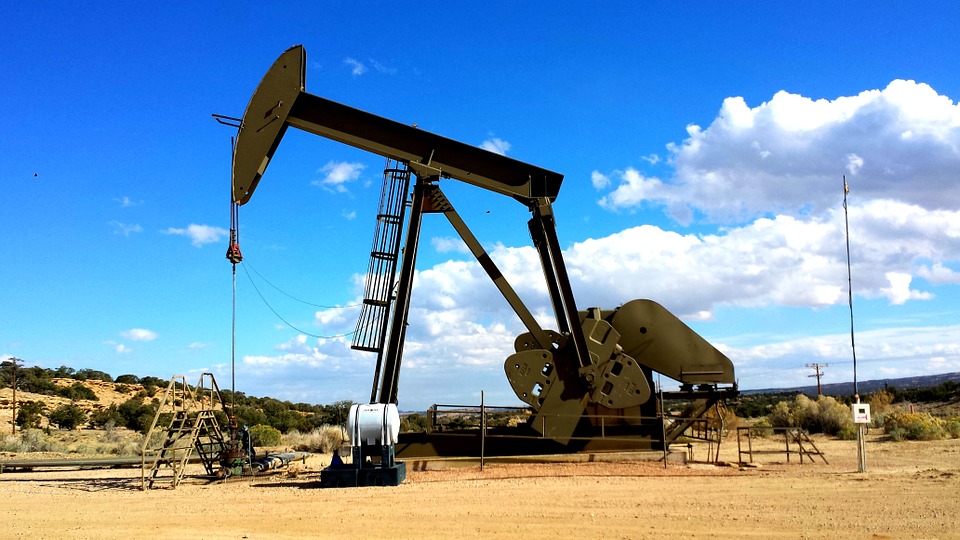The kingdom is considering markets from Hong Kong to New York as potential international places for one of the largest IPO in history, said Al-Jubeir at a press conference with US Secretary of State John Kerry in Riyadh on Sunday. The decision is still pending, he added.
Saudi authorities are planning to sell less than 5% of Saudi Arabian Oil Co. by 2018. The decision has been taken as part of Crown Prince Mohammed bin Salman’s plan to create the world's largest sovereign investment fund and reduce economic dependence on hydrocarbons, Bloomberg writes.
Adel Al-Jubeir also rejected suggestions that Saudi Arabia would reduce investment in the US. "Saudi Arabia is investing heavily in the US, and we consider these investments on a regular basis, - he said. - There are problems associated with risk, but our goal is to increase these investments, we are not going to cut them."
In addition to tension caused by 9/11 law, the United States decided to block arms sales to Saudi Arabia because of concerns about increasing number of civilian casualties in Yemen. The country has been gripped by an armed conflict since 2014. Huthis rebels and part of army, loyal to ex-president of Yemen Ali Abdullah Saleh, is confronting troops of President Abd Rabbo Mansour Hadi, who is supported by the Arab coalition forces led by Saudi Arabia.
Al-Jubeir said he has recently visited the United States "to probe position of the new administration", headed by President-elect Donald Trump, and try to convince Congress to amend JASTA (The Justice Against Sponsors of Terrorism Act) law (9/11 law).
The law gives families of victims of terrorist attacks of September 11, 2001 a right to sue the government of Saudi Arabia. September 23, US President vetoed the bill. However, despite Obama's veto, the law was passed.
source: ft.com
Saudi authorities are planning to sell less than 5% of Saudi Arabian Oil Co. by 2018. The decision has been taken as part of Crown Prince Mohammed bin Salman’s plan to create the world's largest sovereign investment fund and reduce economic dependence on hydrocarbons, Bloomberg writes.
Adel Al-Jubeir also rejected suggestions that Saudi Arabia would reduce investment in the US. "Saudi Arabia is investing heavily in the US, and we consider these investments on a regular basis, - he said. - There are problems associated with risk, but our goal is to increase these investments, we are not going to cut them."
In addition to tension caused by 9/11 law, the United States decided to block arms sales to Saudi Arabia because of concerns about increasing number of civilian casualties in Yemen. The country has been gripped by an armed conflict since 2014. Huthis rebels and part of army, loyal to ex-president of Yemen Ali Abdullah Saleh, is confronting troops of President Abd Rabbo Mansour Hadi, who is supported by the Arab coalition forces led by Saudi Arabia.
Al-Jubeir said he has recently visited the United States "to probe position of the new administration", headed by President-elect Donald Trump, and try to convince Congress to amend JASTA (The Justice Against Sponsors of Terrorism Act) law (9/11 law).
The law gives families of victims of terrorist attacks of September 11, 2001 a right to sue the government of Saudi Arabia. September 23, US President vetoed the bill. However, despite Obama's veto, the law was passed.
source: ft.com





